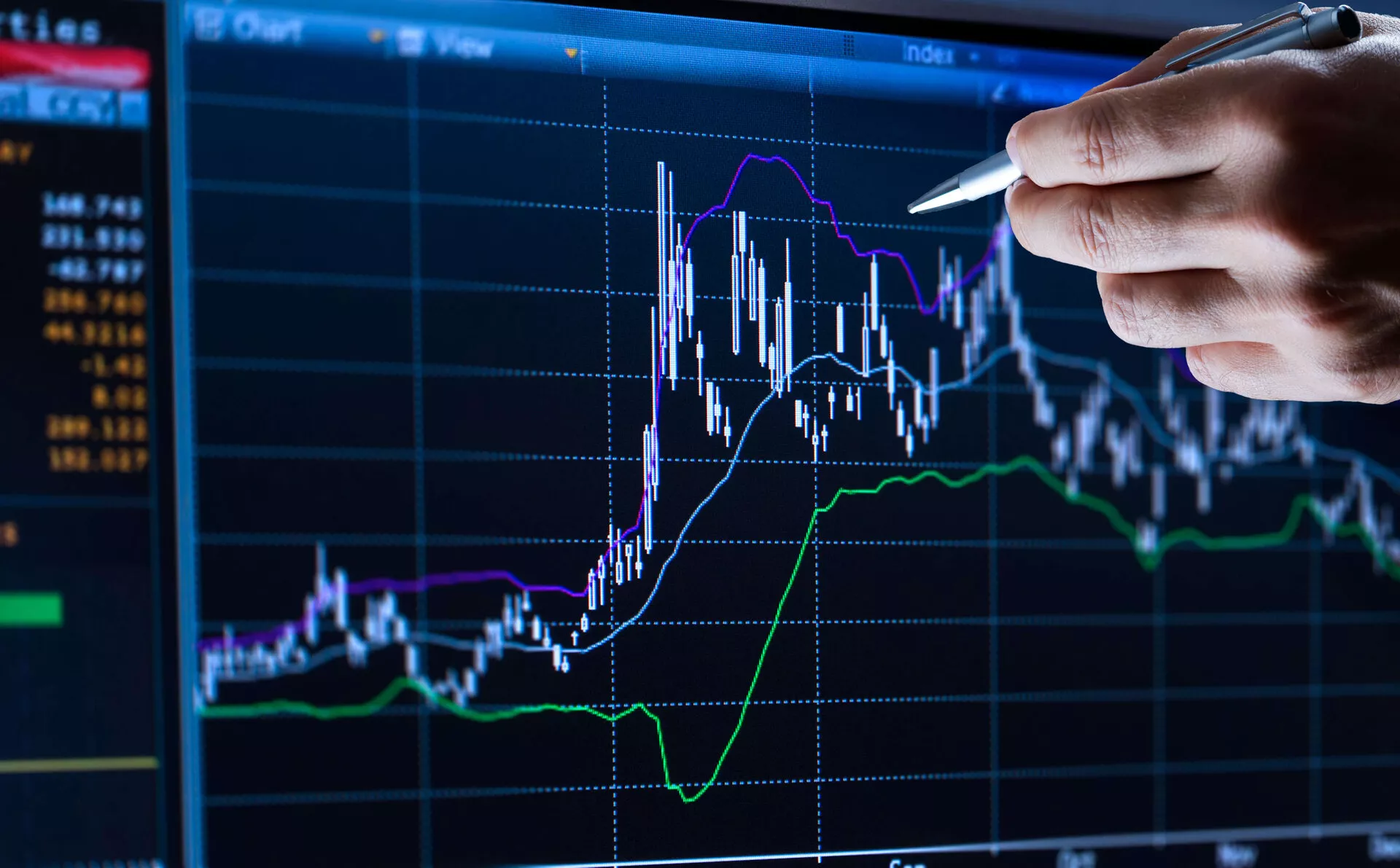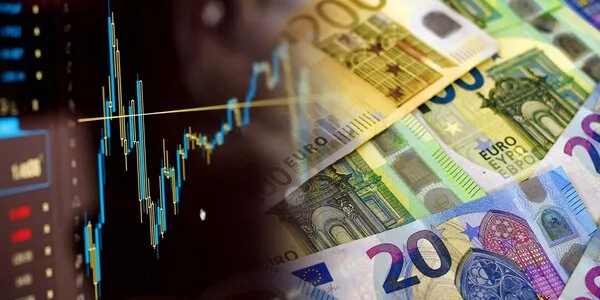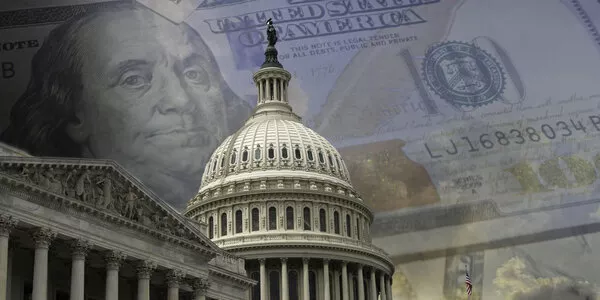
Weekly Update - Could the Chinese yuan act as the main international reserve currency?
The question of where China's currency fits in the global financial architecture is again a live issue for debate. Questions are being asked as to whether the currency - the renminbi (RMB) or yuan - could work as a reserve currency alongside or perhaps instead of the US dollar (USD). Various arguments are put forward. First, China now generates 18% of global GDP compared to the USA’s 15% (measured at parity purchase power), and represents 14% of international trade, against 10% for the USA. This is why the IMF has, since 2016, included the RMB in the basket of currencies used to determine the exchange rate of special drawing rights. Additionally, sanctions against the Russian Central Bank and, more generally, the United States’ willingness to use financial sanctions as a weapon have led some countries to increase the share of RMB in their central banks reserve allocation and develop trade deals settled in RMB.
Nevertheless, we do not think the RMB, in its current or digital form, will replace the dollar as the world’s main reserve currency in coming years. Despite its ‘weaponisation’ (freezing of dollar assets, throwing countries out of SWIFT, extra-territorial rules on dollar assets), currently there is no alternative to the USD as the main international reserve currency. For one thing, any country aspiring to have a reserve currency has to run persistent current account deficits in order to supply the rest of the world's demand for its currency (a country running a trade deficit is said to be exporting its currency). At the moment, only the United States can play this role (Chart 1). China's balance of trade remains firmly in the black and we cannot see it turning lastingly red in the medium term.
Another reason why the USD will remain the world's reserve currency for the next few years is that it enjoys strong ‘network effects’, basically deep and open capital markets, the institutional capacity (via the Federal Reserve) to act as lender of last resort and a key role in the financial services used by the rest of the world. Network effects explain why the USD is far and away the most popular currency used in commercial and financial transactions (Chart 2), even between non-American counterparties. As China's capital account remains closed, foreign investors find it hard to access RMB-denominated assets on the scale required. As long as China maintains substantial capital controls, outside investors and central banks will worry less about the dollar's theoretical ‘sanctions risk’ than about major political uncertainty in China. The restructuring of the Evergrande group's debt offers a case in point, raising the possibility that foreign creditors will end up losing more than home-grown creditors.
Also, in the main events of the week, we chose to talk about the EU's proposal to cut oil supply from Russia and the recent fall in US equity markets.





